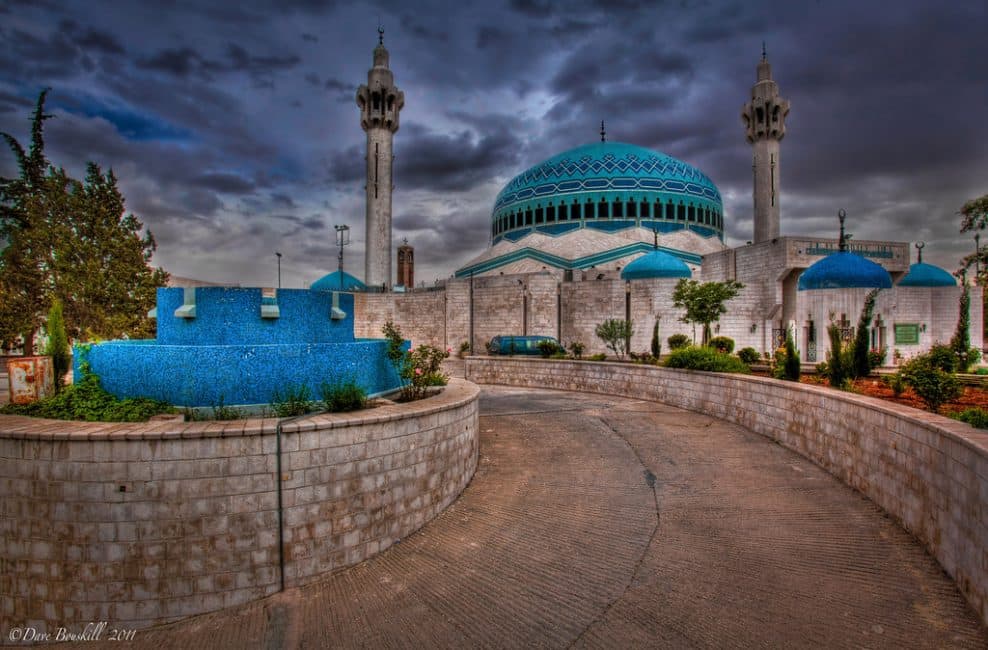Summary
When traveling to the Middle East, there are numerous traditions and customs that both men and women need to consider. Consequently, understanding travel etiquette is crucial for an enriching experience.
Men, like women, must be informed about local customs to avoid any embarrassment or offense. Traveling to the Middle East offers unique experiences, but this region can also be complex when it comes to etiquette.
Here are several etiquette tips that we learned from our journeys through countries such as Jordan, Morocco, Egypt, and Sudan.
Etiquette in the Middle East
When it comes to travel etiquette, the Middle East stands out. It has a plethora of traditions and customs that might be perplexing. Thus, conducting some research prior to your flight is advisable.
Both genders must be mindful of their behavior and appearance to align themselves with local expectations.
Proper Dress
Adhering to the traditional dress code is pivotal when visiting the Middle East. Although it may not be necessary to wear local attire, modest dressing is recommended.
Men:
- Long trousers and shirts covering the shoulders are essential. A T-shirt suffices, but a button-down shirt is preferable.
- Shorts are acceptable if they reach the knee.
Women:
- Long pants or skirts and long-sleeved shirts are advised to ensure full coverage.
- Light, loose clothing is often more comfortable than shorts despite the heat.
- A headscarf is optional for visitors; however, wearing one may help blend in and show respect for local customs.
Holy Sites
When entering mosques or religious places, women must wear headscarves. Additionally, men may be required to cover their heads at certain sites. Shoes must be removed, and silence should be maintained as a sign of respect for worshippers.
Greetings
The customary greeting in the Middle East is “Asalamu Alaykum.” Men typically greet one another with a handshake, which may last longer than usual. However, men should only shake hands with women if the woman extends her hand first. In cases where a handshake isn’t offered, a nod accompanied by the same greeting is appropriate.
As familiarity develops, greetings may extend to a cheek kiss and hug, though this should only occur if initiated by the other party.
Hospitality Etiquette in the Middle East
Generosity is a hallmark of Middle Eastern culture. Visitors may find themselves invited for tea or meals. If invited for dinner, it is courteous to bring a small gift, such as figs or pastries.
- Shoes: Remember to remove shoes upon entering a home, as slippers may be provided. Avoid showing the soles of your feet while seated.
- Use Right Hand: Always eat and take food using the right hand. It’s also polite to wash your hands before meals.
- Praise: Be cautious with compliments regarding decor, as it may compel hosts to offer you the praised item.
Call to Prayer
During your travels, the resonating call to prayer may reach your ears as it echoes from loudspeakers throughout cities. This traditional ritual occurs five times daily, during which some shops may pause operations for a short duration.
Affection
Public displays of affection are generally frowned upon in the Middle East, intended for private moments. Holding hands in public, especially between men and women, often attracts attention. Yet, you may notice that same-sex individuals frequently walk hand-in-hand or arm-in-arm, which is culturally acceptable.
While traveling, immersing yourself in cultural practices enhances your experience. Thus, engaging respectfully in local customs contributes to a memorable travel adventure.
Traveling to the Middle East necessitates thorough preparation and adherence to its unique customs. However, embracing these rich traditions can lead to profoundly rewarding experiences.





